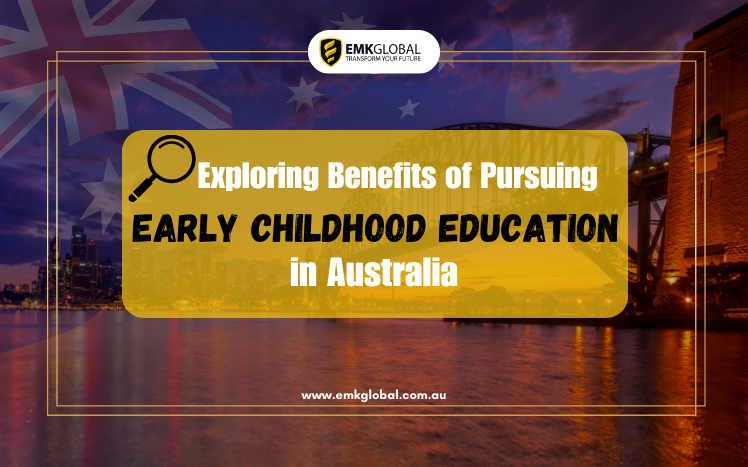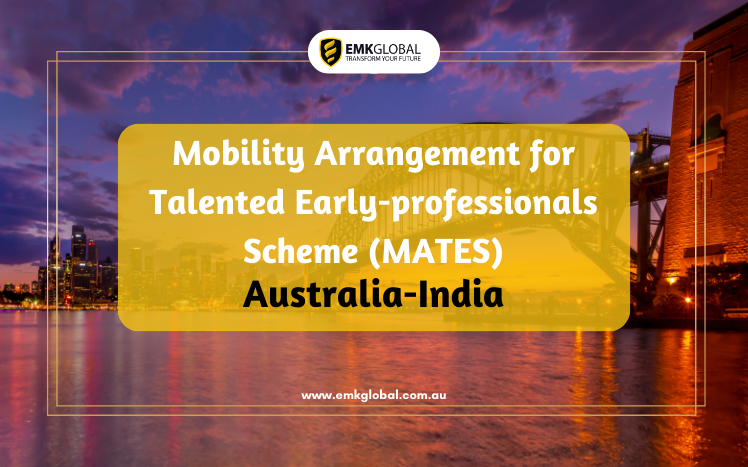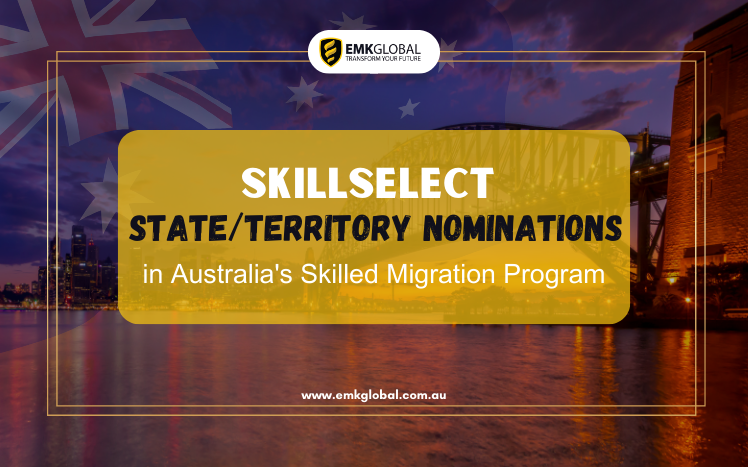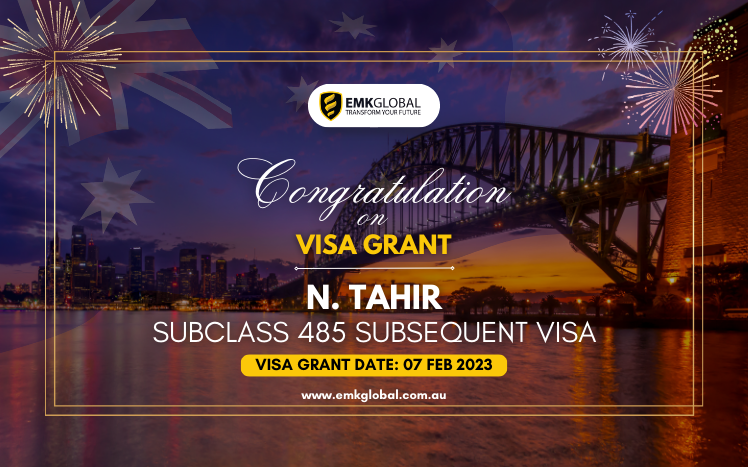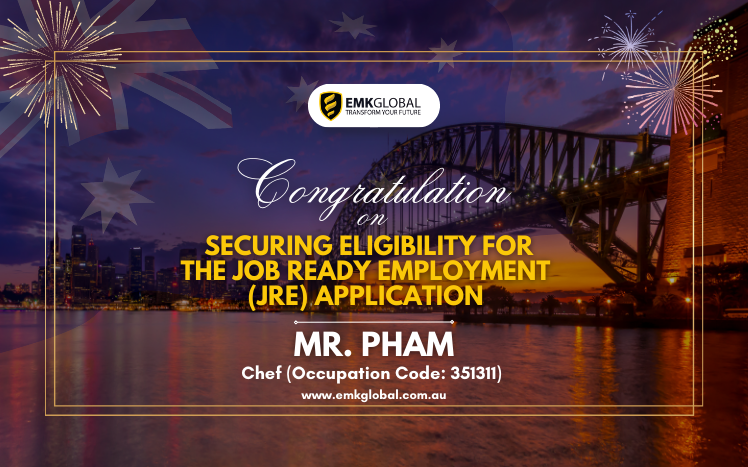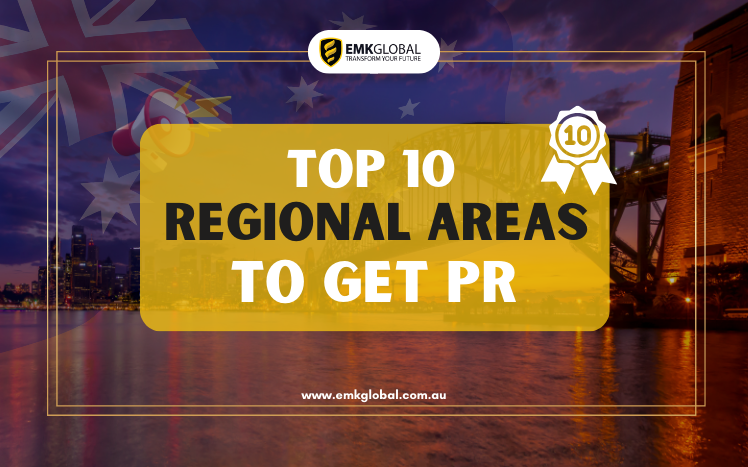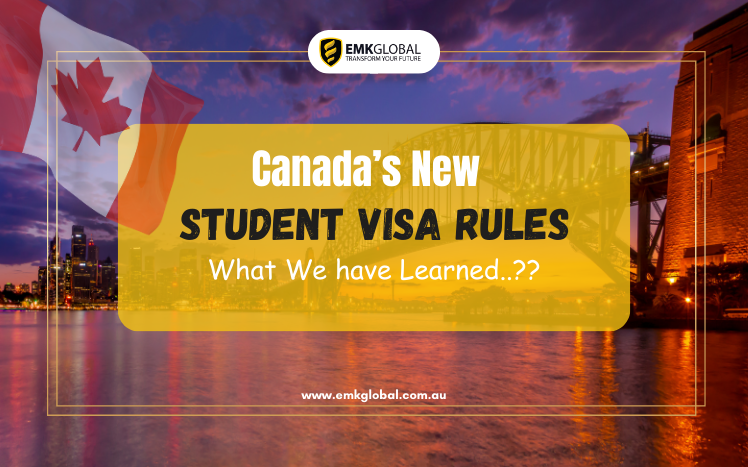Introduction
Embarking on a career in early childhood education offers a multitude of rewards, making it an excellent choice for individuals passionate about making a positive impact on children’s lives. In this article, we will delve into five compelling reasons why studying early childhood education in Australia can be a fulfilling and enriching endeavor.
Make a Lasting Impact
One of the primary motivations to pursue early childhood education is the opportunity to influence the crucial developmental years of a child’s life. The First 2000 Days Framework underscores the significance of early education in shaping a child’s physical, cognitive, social, and emotional well-being. Early childhood educators play a pivotal role in fostering a conducive environment for optimal brain development and laying the foundation for future success.
Deepen Understanding of Developmental Milestones
A key advantage of studying early childhood education lies in gaining expertise on essential developmental milestones outlined by the Australian Children’s Education and Care Quality Authority (ACECQA). Acquiring this knowledge is vital for assessing a child’s progress and implementing effective strategies to support their growth, including areas such as communication, group participation, and adherence to routines.
Expand Career Opportunities
The demand for qualified professionals in early childhood education is on the rise, presenting a promising career outlook. With the Victorian government’s commitment to supporting the sector, graduates can explore diverse career pathways, ranging from being a nanny to becoming an early childhood education leader. The industry’s stability and variety make it an opportune time to embark on a career in early childhood education.
Tailor Your Career to Your Lifestyle
A notable benefit of entering the field of early childhood education is the flexibility it offers in terms of work hours. Whether opting for full-time or part-time positions, professionals in this field can choose schedules that align with their preferences. This adaptability extends to working early mornings or late afternoons, catering to the diverse needs of both educators and parents.
Foster a Fun and Engaging Environment
Studying early childhood education in Australia promises an enjoyable and dynamic career. Educators have the opportunity to infuse creativity into lesson planning, design playful learning spaces, and encourage children to explore their curiosity. The positive energy exuded by children creates a vibrant atmosphere, making each day in the profession a source of joy and fulfillment.
Conclusion
In conclusion, pursuing a degree in early childhood education in Australia not only aligns with the growing demand in the industry but also provides a platform for individuals to make a meaningful impact during a critical phase of a child’s development. The combination of career stability, flexibility, and the chance to create a fun learning environment makes early childhood education a


